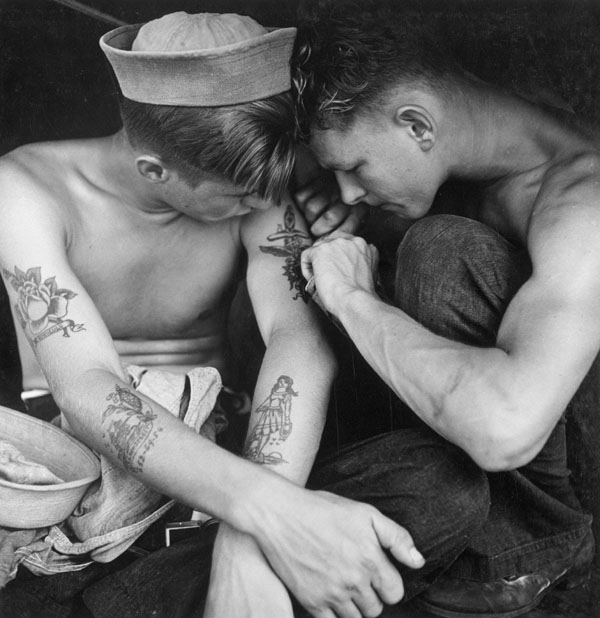Who tends to suffer consequences from symbolic violence? Who tends not to suffer consequences from symbolic violence? What can be said and what cannot be said? What is heard, when, and by whom? And what, though said, seems never to be acknowledged? There can be symbolic violence in words unspoken, words that people are afraid to say or are made to feel ashamed for knowing that they – for the sake of justice or self-preservation -- must say
To cite Aristotle--a question of availability.






